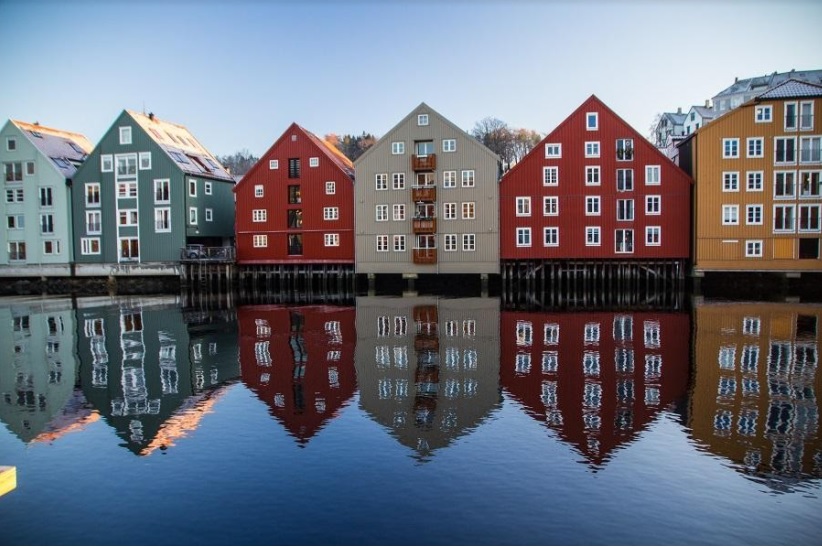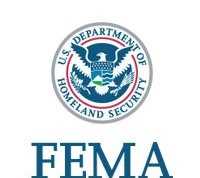Is Norway the ideal destination for real estate investors?

Active real estate investors are always on the hunt for great deals and fresh investment opportunities to maximize their profits. And this hunt often takes them to locations they’ve never considered before. This time, we’ll travel to Norway on a quest to get acquainted with the real estate market here and try to figure out if investing in Norwegian properties represents a good option for foreign investors.
This Scandinavian country is famous for its stunning fjords, spectacular Northern Lights, captivating mythology and folklore and eco-friendly approach among other things. But there’s more to Norway than meets the eye. Looking beyond the breathtaking scenery and tourist attractions, we’ll discover aspects that make Norway a great destination for real estate investments. So, let’s see what the land of Vikings, elves, dwarfs and other mythical creatures has to offer in terms of real estate opportunities.
A steady economy
The first aspect to take into consideration when discussing real estate investment opportunities is of course the current economic state of the country. Luckily for foreign investors, Norway’s economy has always presented a high degree of stability. In fact, the economic environment in Norway takes second place in the Global Competitiveness Index, according to the World Economic Forum. The country’s economic growth is fueled by windfall oil revenues and effective fiscal management strategies that allow for financial prosperity.
The Norwegian economy has also been extremely resilient in times of financial crisis, compared to other countries in the region, so the local markets weren’t as affected by their effects. According to the experts at meglerportalen.no, for the real estate market this stability translates into high demands for properties, thus leading to higher real estate prices. This paints the picture of a favorable investing environment for both local and foreign investors.
Low unemployment rates
The state of the local economy is also reflected in the low unemployment rates in the country. Norway has a population of approximately 5.3 million inhabitants, and the unemployment rate was as low as 3.5% in 2019. Add that to the fact that the average salaries are relatively high and you’ll understand why the real estate market in Norway is alive and thriving. A greater degree of purchasing power provides valuable support for the real estate market, making it an essential element in attracting more foreign investors in the country.
A solid legal system
No matter how prosperous the real estate market is, an intricate legal system and cumbersome procedures are always going to count as major discouragements for potential investors. Fortunately, that’s not Norway’s case. In fact, the legal system in Norway smooths the way for foreign investors by providing a solid legal framework they can easily understand. This means that purchase agreements tend to be brief and less complicated compared to other jurisdictions. The laws and regulations concerning the real estate market suffered little changes over the years, so investors can rely on the stability and predictability of the legal system.
Proper due diligence
When it comes to due diligence, buyers usually conduct the necessary procedures before signing a contract. These actions generally cover legal, technical and financial aspects, but in certain situations, commercial due diligence is also included.
Any negative findings that come to light after performing due diligence are most often addressed by the seller immediately after they’ve been brought to their attention or the seller agrees to offer a price reduction to cover for the expenses that the buyer will have to make. In most cases, these findings are addressed during the negotiation process between the seller and the buyer.
Standard purchase agreements
Another aspect that real estate investors must take into account if they choose to enter the Norwegian real estate market is the way purchase agreements are drafted. In Norway, share purchase agreements are standardized, meaning that buyers are given limited warranties that usually don’t cover aspects related to certain incidents, unless they are required by the findings resulting from due diligence. Generally, warranties focus on tax liabilities and other such aspects.
Since standard purchase agreements are the norm for most transactions, there’s not much room left for negotiations, except for a few clauses and due diligence related aspects.
Simple tax regulations
Even if you’re not familiar with tax regulations in Norway, understanding them is quite simple. When it comes to real estate taxes, there are three major aspects one must consider. Property owners have to pay a property tax, but the payable amount differs based on location. In most cases, real estate lettings are exempt from VAT. This implies there will be no input VAT deductions involved in the process. Also, the capital income resulting from real estate transactions are normally taxable. Although tax laws are not complicated, real estate investors have to be aware of the ins and out of the tax system in order to manage their real estate investments properly.
Straightforward closing procedures
Regarding the closing process, procedures are generally simple and straightforward. There’s usually a meeting where both parties sign the necessary documents and the amount is transferred through direct payment, and that concludes the closing process. It’s necessary to mention that in order to avoid complications and ensure a smooth closing process, foreign investors should deposit the necessary funds in a bank with branches in Norway.
A relatively small market size
As you can see, the aspects we’ve mentioned so far highlight the advantages of investing in the Norwegian real estate market. But let’s take a look at some of the disadvantages as well. If we were to analyze the real estate market in Norway by comparing it with markets in other European countries, we can notice its size is relatively small. This translates into fewer annual transactions which limits possibilities for real estate investors. Another factor that could be regarded as an obstacle by foreign investors is the country’s national currency, the Norwegian krone, which is used to complete all transactions.













